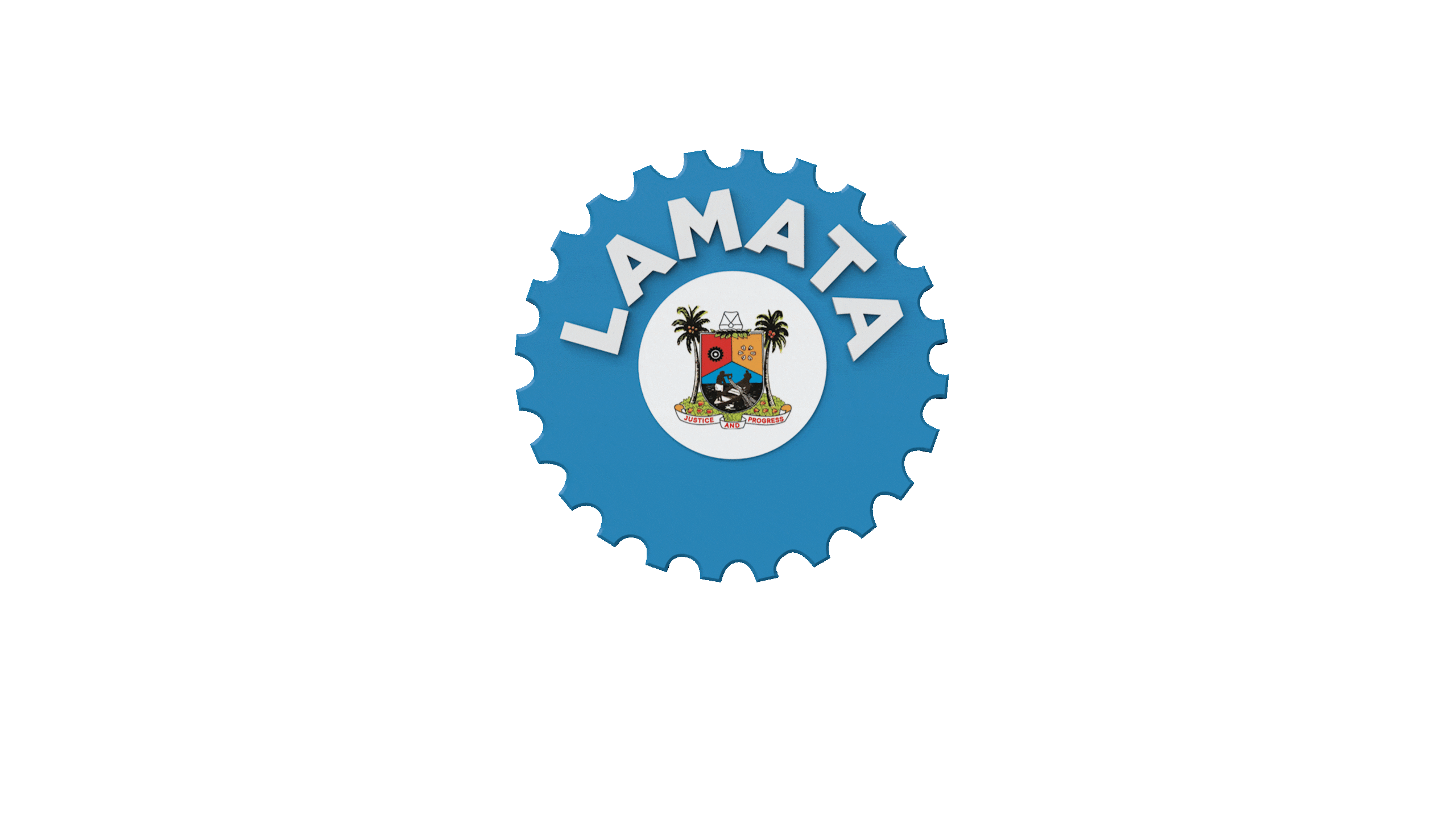

LAMATA’s ESHS department is responsible for evaluating the risks and impacts involved with our infrastructural projects; It is also responsible for integrating sustainability, environmental, social responsibility, and occupational safety into all operations. Its core mission is to ensure that transport services are delivered in a manner that protects the environment, promotes social well-being, and maintains the highest standards of health and safety for employees, contractors, passengers, and the broader communities.
The ESHS process involves the identification of ways of improving project selection, planning, design, and implementation by preventing, mitigating, or compensating for adverse environmental and social impacts and enhancing positive impacts.
LAMATA’s ESHS department complies with the Nigerian Regulations and Laws on Environmental Management and Land acquisition, IFC Performance Standards 1-8, The World Bank ESS 1-10, and other international standards, including ISO 140011, ISO 450012, and ISO 260003. By adhering to Environmental and Social requirements, LAMATA fosters long-term growth, improves its public image, and reduces risks related to compliance or public backlash. These requirements are part of LAMATA’s strategy for gaining a competitive edge in the transport sector, meeting stakeholder expectations, and contributing to global goals.
Sustainability Initiatives: Developing and implementing strategies to reduce LAMATA’s carbon footprint through cleaner fuels, electric fleets, waste reduction, and energy efficiency projects.
Community Engagement: To ensure transparency and responsiveness, facilitating communication and consultation with affected communities, especially during construction or route changes.
Occupational Safety: Implementing safety management systems (SMS) for workers across maintenance, construction, and operational areas.






